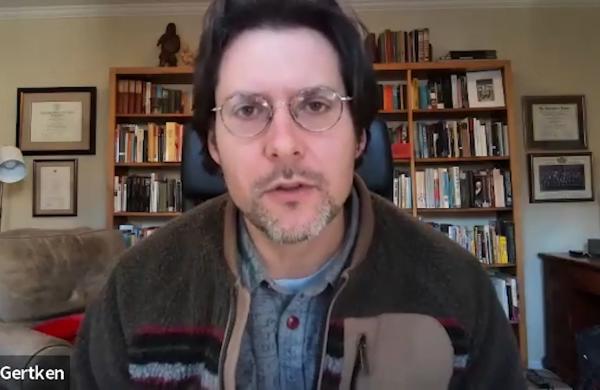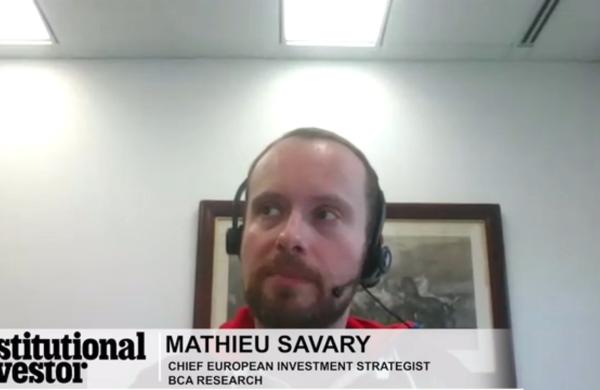| Susan Merrill |
Defense attorneys have commonly tried to argue double jeopardy to prevent multiple penalties, Hull told a recent New Jersey State Bar Association-sponsored broker/dealer conference in Newark, N.J. But that argument does not apply to enforcement agencies that might approach the same violation from different angles. "I think it is important for defense attorneys to coordinate the best possible solution for their client," Hull told CR. "In the end, I'd like to think fairness is the goal to achieve so someone is not penalized two or three times for the same violation."
Other regulators said agencies are also taking steps to ensure better intra-agency cooperation during enforcement actions. "We are looking to coordinate and cooperate," Susan Merrill, executive v.p. and chief of enforcement for the New York Stock Exchange, told delegates. "And in cases where there is a different approach [coming from multiple regulators], we try to ensure that it is for a good reason. I think the further we get down this road of duplicate investigations, we will get better at developing more of a streamline approach in terms of enforcement."
But the attempt to streamline investigations cannot be applied to every case, said David Markowitz, the northeast regional director for the Securities and Exchange Commission. "There are cases where it is really important to have multiple [self-regulatory organizations] on a single case," he said. Markowitz did, in large part, agree with Merrill and Hull. "There are discussions at high levels in terms of these issues."
Still the best action for firm attorneys is to be proactive to coordinate the initial investigations to reduce duplicate penalties, Hull said. "Unfortunately, it may not be fair," he said, "but we are not trying to seek restitution twice or consecutive sentences."





